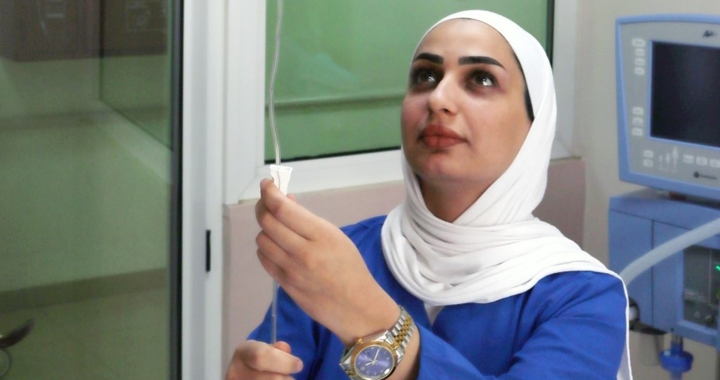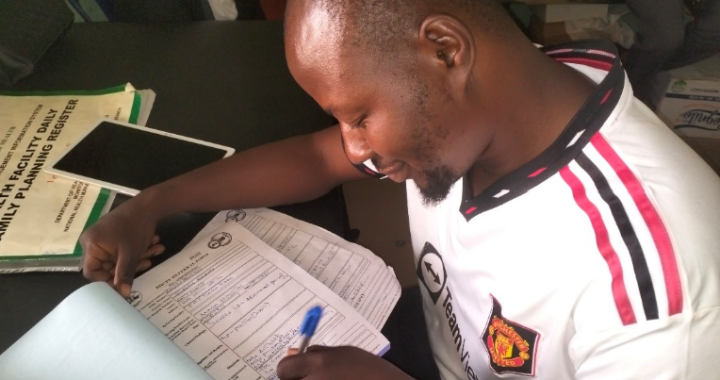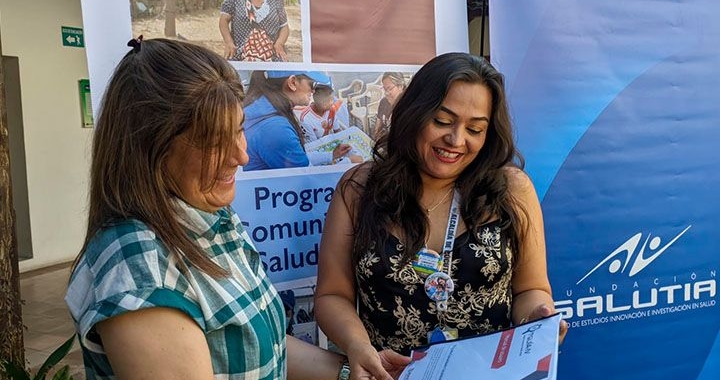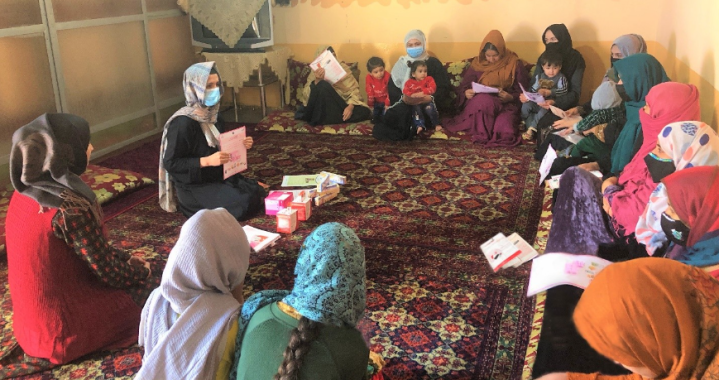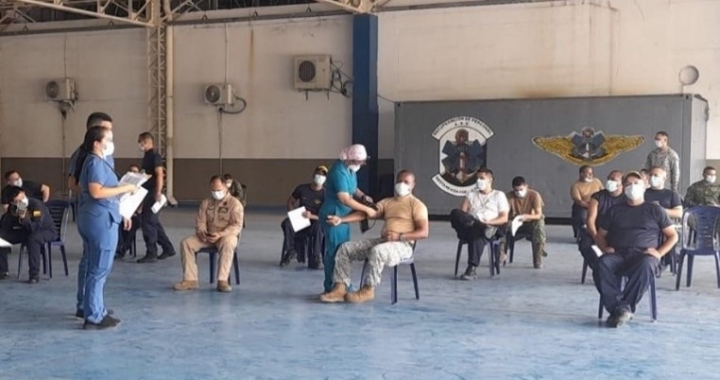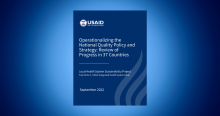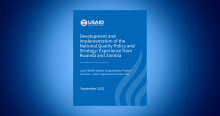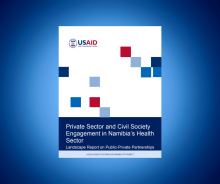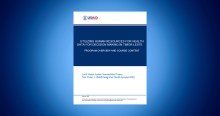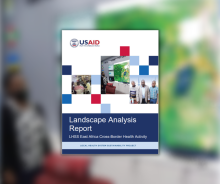Improving Management Processes and Systems
Management process and systems offer a powerful tool to monitor and promote high-quality health services. For example, LHSS assistance in Namibia has supported the Ministry of Health and Social Services to develop and implement recommendations to strengthen its contracting mechanisms with private sector providers, including monitoring the quality of contractor health services. Support to institutionalize the use of a logistics monitoring system for TB drugs in Vietnam’s public sector and commodities forecasting tools for family planning and maternal and child health services in Afghanistan’s private sector has ensured a more reliable stock of medicines and supplies for effective care. Additionally, LHSS has collaborated with regional governments and NGO partners in East Africa to address data fragmentation challenges and link clients from migrant populations to services across countries, enabling better continuity and quality of care.
Knowledge Products
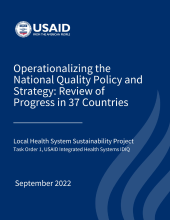
LHSS conducted a study of 37 countries to provide a better understanding of the strengths, opportunities, and gaps in the structures governing the provision of quality health services.
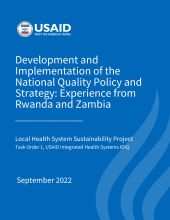
This report details case studies from Rwanda and Zambia which offer unique insights into the operationalization of National Quality Policies and Strategy (NQPS) within broader governance and quality of care reforms.
This PSCSE landscape report was compiled using evidence generated from a comprehensive documentary review and selected key informant interviews conducted to gain insight into the status of implementation of existing PPPs, and the challenges, lessons learned, and success stories.
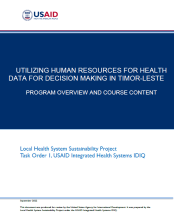
To respond to the ICA findings and to address the issues noted above, USAID’s Health System Sustainability Activity (the Activity) worked with the NDHR and INS to develop training on health workforce data use for decision making. The training will use a problem-based, hands-on approach to train mid-level managers within the Directorate General of Corporate Services (DGCS) to use HRH data to identify challenges; conduct analysis; engage relevant stakeholders in the collection and sharing of HRH data; use of HRH data to support decision making. Most importantly, it will ensure equitable allocation of workforce and improve training and professional development opportunities for the health workforce across the country especially at the primary health care level.
This analysis establishes a baseline understanding of current cross-border health challenges and opportunities, and identifies organizational and technical capacity gaps to address within key stakeholders that are leading cross-border health initiatives.


